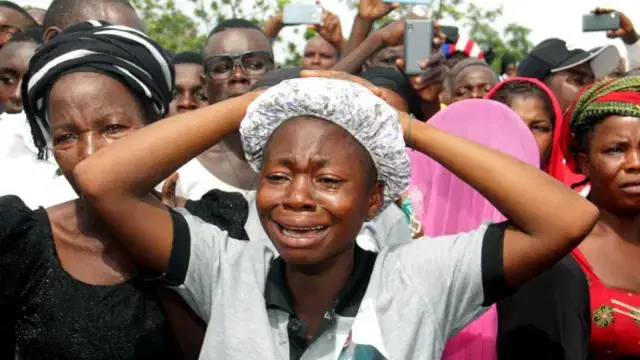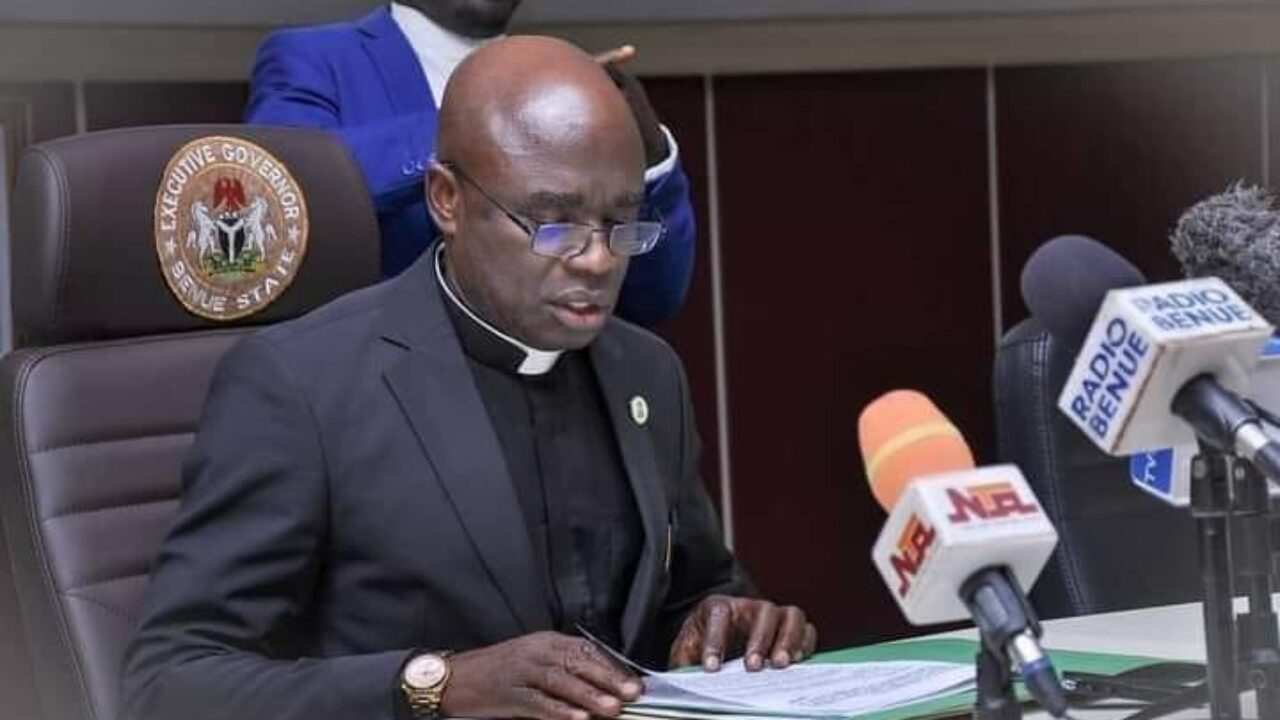Tomorrow, Thursday, July 10, the spotlight will turn to Benue State as survivors of terror, civil society actors, security agencies, and government representatives gather for a critical town hall hosted by News Central TV. Titled ‘Crisis in the Heartland: Ending the Cycle of Violence in Benue’.
This event, the eleventh in News Central’s Town Hall Series, promises to confront the ongoing violence and amplify the voices of those most affected — the victims and survivors whose lives have been upended by relentless bloodshed.
As someone who has worked alongside survivors of the atrocities that have ravaged Benue and the Middle Belt for over a decade, I can say without hesitation: this conversation is long overdue.
In 2015, we contributed to an SBM report titled ‘Terror in the Food Basket’, warning of the devastating consequences of unchecked violence in Benue — not just for the state, but for Nigeria’s food security and national stability. A decade later, those warnings have morphed into grim realities.
The statistics are staggering. According to the Foundation for Justice, Development & Peace, since 2009, there have been over 621 attacks by Fulani militia across more than 110 communities. These assaults have claimed the lives of at least 5,500 people, displaced over 2 million others, and decimated farmlands, livelihoods, and entire villages. In just the past two years, over 1,100 lives have been lost. The latest tragedy involved the kidnapping of 13 young people returning from a training in Abeokuta — a grim reminder of how insecurity now stalks every aspect of life in Benue.
Benue today is a state under siege. Farmers cannot access their lands. Entire wards, like Moon in Kwande Local Government Area, have been effectively wiped off the map for years. The attacks have destabilised Nigeria’s food production heartland, with catastrophic ripple effects.
The All Farmers Association of Nigeria has declared insecurity the greatest threat to national food security, while the Lagos Chamber of Commerce and Industry estimates Nigeria has lost 60% of its food production in key states due to surging violence.
But beyond the numbers lie real human beings — mothers, fathers, children — carrying scars both visible and invisible. Their stories have too often been silenced, overshadowed by the posturing of political figures and security operatives eager to protect narratives rather than people.
Tomorrow’s Town Hall must mark a departure from this damaging tradition. It must place survivors at the centre, giving them the space and dignity to tell their stories without fear or intimidation. For too long, Nigeria’s town halls have been dominated by “dignitaries” while the real dignitaries — the survivors — are left unheard. If there’s to be healing, justice, or meaningful solutions, the hierarchy must be upended, and the voices of the most affected must lead.

This is also a call to civil society and citizens of Benue: Speak boldly. Speak courageously. The risks are real, but silence has only emboldened the forces that have held the state hostage. And to government officials and security agencies attending tomorrow, this is not the time for empty rhetoric or political theatre. It is a time for candour, accountability, and empathy.
Our nation’s future is tied to the fate of Benue and the Middle Belt. Nigeria cannot thrive while its food-producing regions are on fire. The survival of this region is inextricably linked to the survival of Nigeria itself.
News Central’s initiative is commendable — a courageous and patriotic act. I hope that other media houses and institutions will follow suit, providing platforms not for political spectacle but for truth, healing, and national rebirth.
If tomorrow’s town hall is to mean anything, it must leave behind the old script. Let survivors be heard. Let dignitaries listen. And let Benue, for the first time in a long while, exhale.
Ier Jonathan-Ichaver is the founder of Sesor Empowerment Foundation, a non-profit organisation providing relief and rehabilitation support to displaced persons and survivors of terror in Nigeria. She is also the lead convener of the Middle Belt Concern, a coalition of concerned citizens advocating for security and progress in the Middle Belt region of Nigeria. She writes from Makurdi


 Trending
Trending 